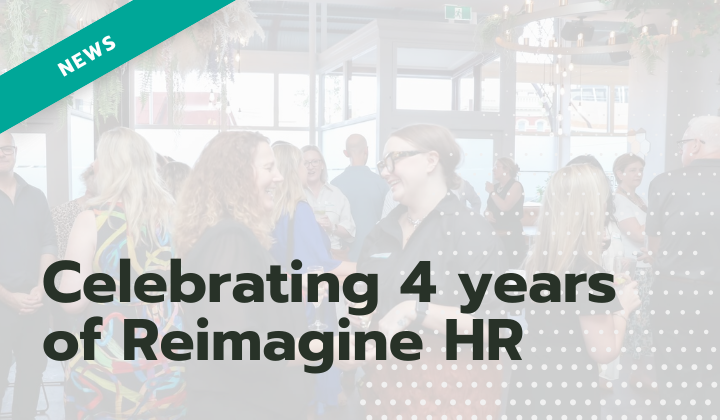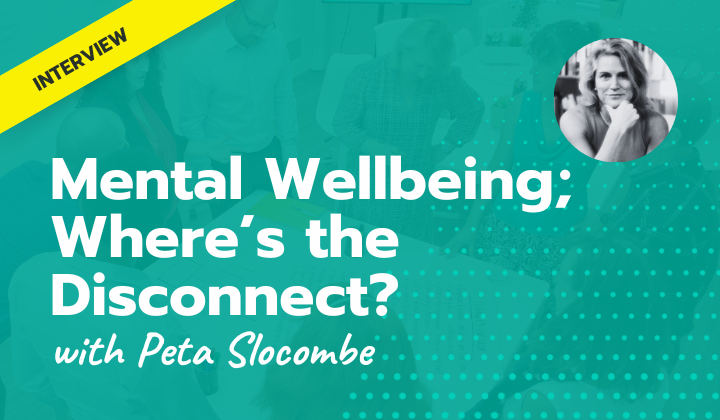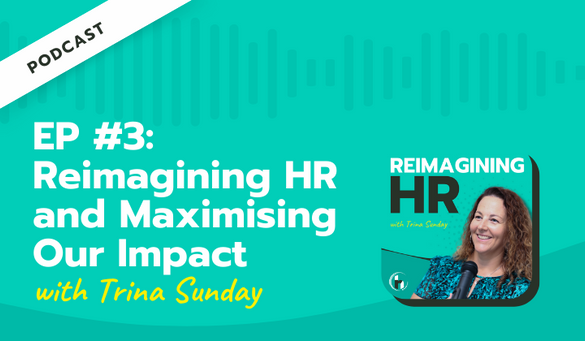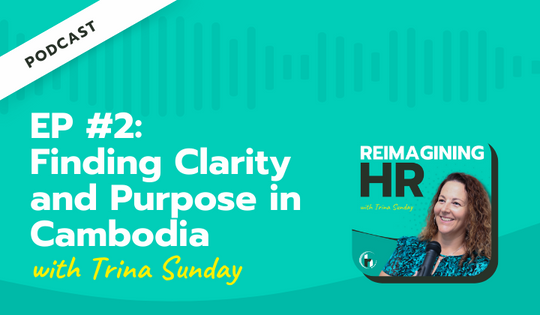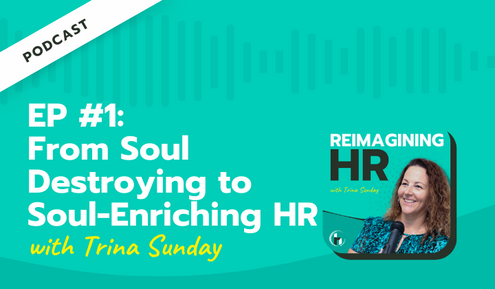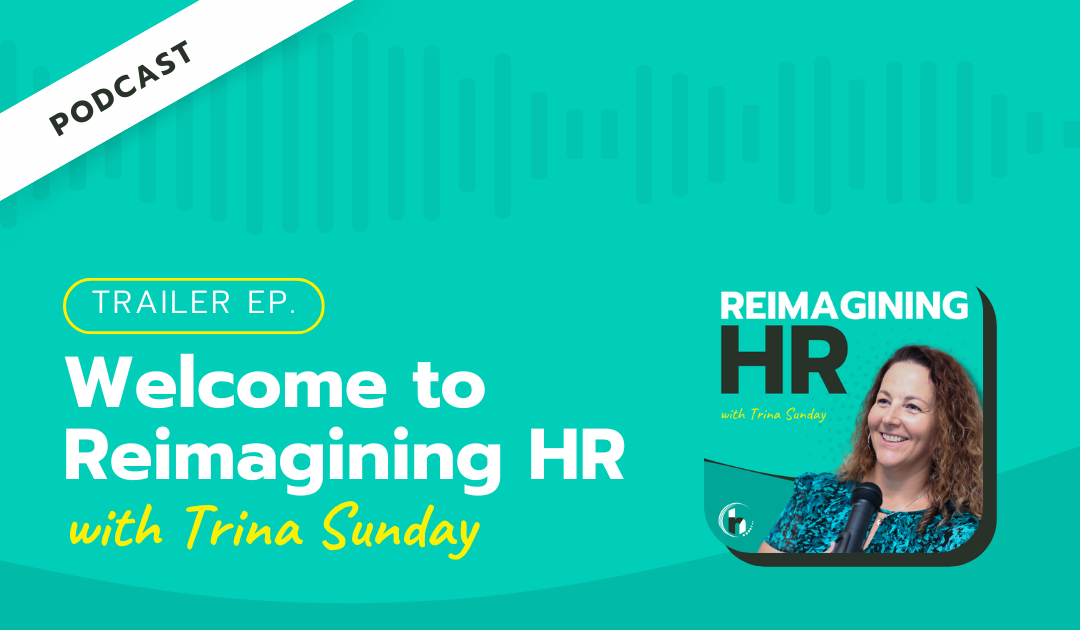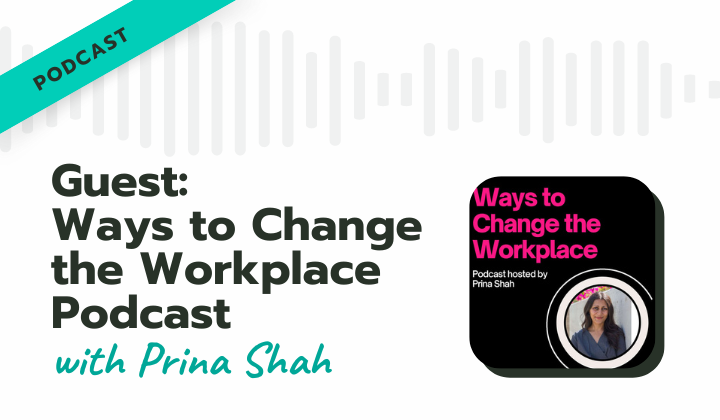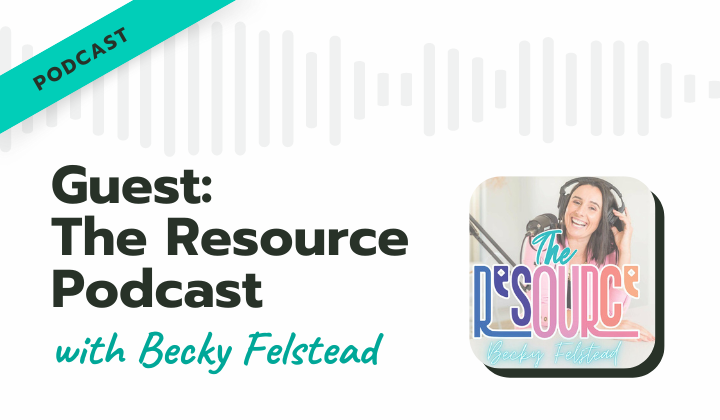The Criticality of Innovation for HR
In today’s rapidly evolving business landscape, organisations must adapt to change, embrace new technologies, and foster a culture of innovation. Within this context, human resources (HR) plays a pivotal role in driving organisational success and ensuring an available and sustainable workforce that’s engaged enough to do great work.
Yet HR ourselves innovates slower than any other business function.
Why is that? Lack of resources, resistance to change, risk aversion, limited strategic alignment, and perception of us as an administrative function have likely all hindered HR’s innovation.
We need to embrace innovation and lead by example to overcome our own barriers if we want to be known as forward-thinking, cutting-edge or in any way transformative.
Here’s some areas we can focus our attention:
Lack of Strategic Alignment: HR functions often struggle with aligning our initiatives and innovations with the overall strategic goals of the organisation. While other business functions may have a clearer understanding of how innovation can drive growth and profitability, HR can struggle to demonstrate the direct impact of their innovative efforts on the bottom line. This misalignment can lead to a slower rate of innovation in HR compared to other functions. We need to link our contributions to tangible business results.
Perception of HR as Administrative: HR is sometimes perceived as primarily administrative and transactional, focusing on tasks such as payroll, benefits administration, recruitment process and compliance. This perception can limit the perceived need for innovation within HR and result in a slower adoption of innovative practices. We need to actively work on changing this perception and positioning themselves as strategic partners who drive innovation and contribute to business outcomes.
Limited Technology Infrastructure: Compared to other functions like marketing or operations, HR may have limited access to advanced technology infrastructure and tools. This can impede our ability to innovate at the same rate as other functions. Investing in HR technology solutions, such as HRIS systems, talent management platforms, and analytics tools, is crucial to enable HR to leverage data-driven insights and drive innovation. We need to embrace digitisation and AI and advocate for tools that improve experiences for both employees and people leaders.
Cultural Barriers: Organisations that do not have a culture of innovation may inadvertently hinder our ability to innovate in HR. If the broader organisational culture does not support risk-taking, experimentation, and learning from failure, HR may face resistance or lack the necessary support to implement innovative practices. Creating a culture that values innovation and encourages experimentation is essential for HR to innovate at the same pace as other functions. We need to educate ourselves and leaders about culture so they understand its importance and impact on employee engagement, productivity, and business success.
Lack of Cross-Functional Collaboration: HR innovation often requires collaboration with other functions such as IT, marketing, finance and operations. If there is a lack of cross-functional collaboration and communication, HR often struggles to access the resources, expertise, and insights needed to drive innovation. Building strong relationships and fostering collaboration with other functions is essential to overcome this challenge and accelerate HR innovation. We need to strategically network and proactively build and nurture relationships that can help inform, influence and advocate on our behalf.
Longer Implementation Cycles: HR initiatives, particularly those involving significant changes in processes or systems, may have longer implementation cycles compared to other functions. Factors such as compliance requirements, employee impact, and stakeholder involvement can extend the time it takes to implement innovative HR practices. This longer implementation timeline can contribute to a slower rate of innovation within HR. We need to truly examine our lengthy people practices and replace them with bite-size, juts-in-time solutions that don’t enable agility and responsiveness.
To overcome these challenges and bridge the gap in innovation, HR professionals should actively work on improving strategic alignment, advocating for the value of HR innovation, investing in technology infrastructure, fostering a culture of innovation, promoting cross-functional collaboration, and streamlining implementation processes. By addressing these factors, HR can catch up with other functions and drive innovation that positively impacts both employees and the organisation as a whole.
Trina takes a deep dive into the criticality of innovation for leaders in this video if you want to learn more.
Reach out and find out how Reimagine HR can help your team make the change.

